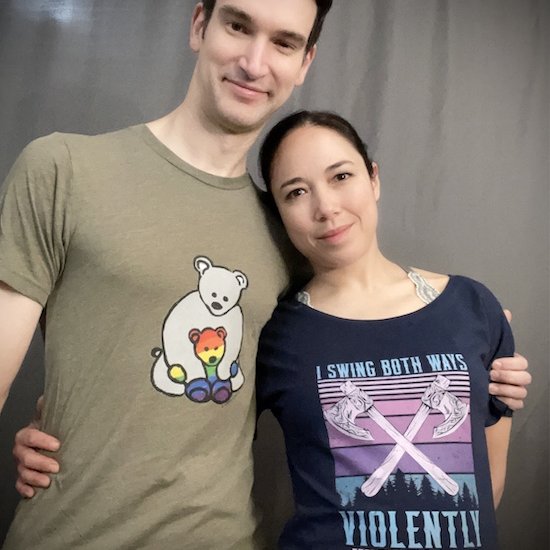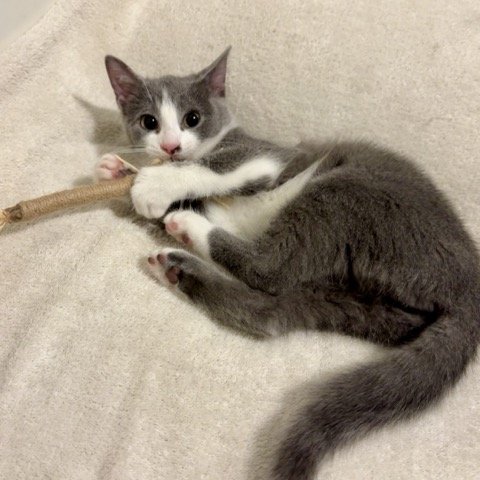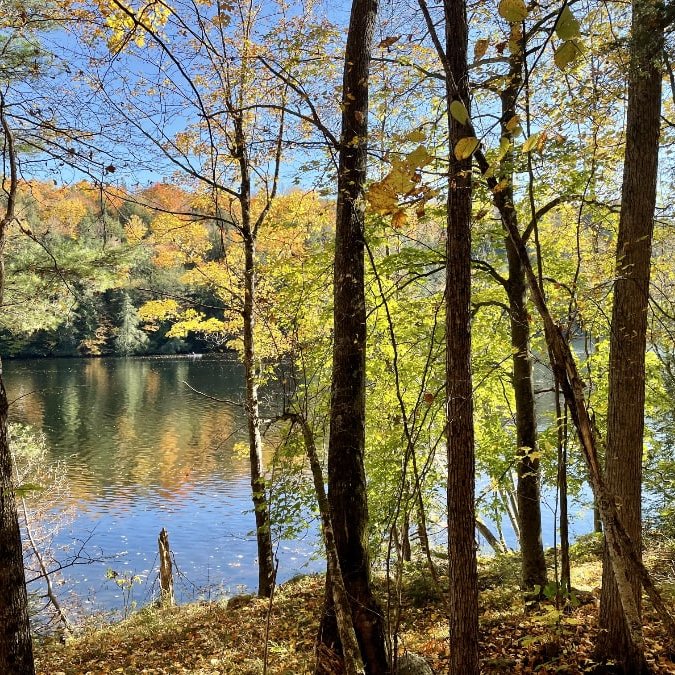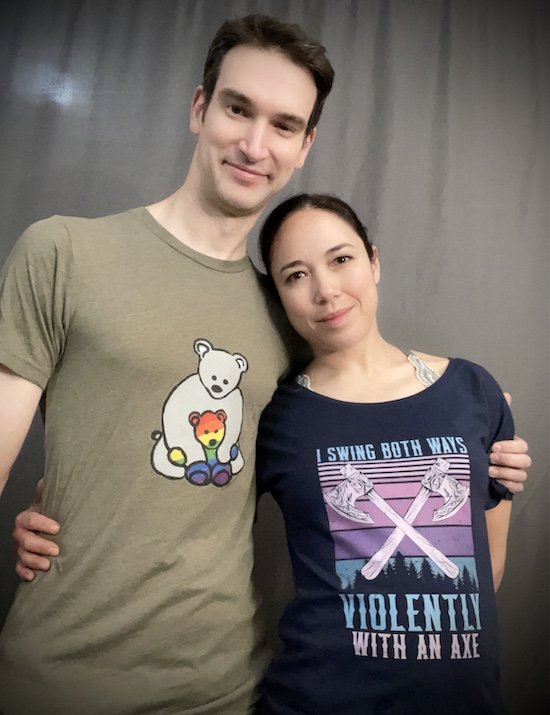
I thought I had my life all figured out. I have lived, laughed and loved throughout my life, and explored so many passions.
I'm a career martial artist, having trained over 27 years, earned my 5th degree black belt, and taught my craft locally and internationally throughout the years. I've travelled and been on countless life adventures, had multiple successful careers before landing in film and eventually becoming a full-time stunt performer (a career I love). I've also developed passions in a wide variety of other spheres, including outdoor adventures and cooking, as you may know from my blog.
I'm married to a loving husband, having just celebrated our 10-year anniversary. We live in a wonderful home in the Vancouver area with our 3 cats, and have loving relationships with our families and friends whom we cherish.
Then one day, while out on a walk on a beautiful sunny day with my husband, I turned to him with a realization: "I think I might be bi." And so began one of the biggest personal journeys of my life.
How My Realization Came About
Now I don't want to misrepresent my story. I didn't come out and say that out of nowhere, though it was true that it was the first time I had thought that thought in those terms. This personal exploration all started with the pandemic. Being holed up for months on end, not working while the film industry was shut down, led me to take steps to work on my personal growth. My world had been turned upside down, and I started doing a lot of soul-searching about where my life was going.
I started to consider what kind of work, the way that I would contribute to the world, years down the line after I transition out of film performance, knowing that being a stunts is not a forever kind of career. I had always enjoyed being a mentor and teacher as a Jiu-jitsu instructor, but also knew that the whole landscape for teaching martial arts had been turned upside down, and having to come to the painful decision to close our dojo's doors permanently during the early months of the pandemic. I found an online education program to become certified as a life and wellness coach that appealed to me, in which I decided to enrol.
I've seen and heard that many life coaches, therapists, and counsellors have a tendency to bring their personal baggage into the way they work with people, and I really didn't want to be one of those people. So I decided to do a deep dive into my past personal experiences to try and figure out if I've been carrying any of my own over the years so that I could clean my psychological slate, so to speak. What I didn't anticipate was how important and revelatory this dive would become.
I won't go into detail about everything I did that led me where it did, but I will say that involved a lot of journalling, meditation, conversation, and soul-searching about my past, present and future. But probably the most important element was going back and examining my childhood and teen years. As I journaled, meditated and re-experienced these memories, it was as though I was putting a whole bunch of puzzle pieces into place and finally saw the big picture that I had missed all these years, that I was bisexual.
Why I Didn’t Realize My Bisexuality Sooner
This is a very individual thing. This was not a case of knowing that I had feelings toward both men and women (and potentially other gender identities), and kept them to myself. I had repressed whatever feelings I had toward women, and focused more on the ones I had toward men. There were, of course, signs of my bisexuality all throughout my youth going back to late elementary school. I was just good at re-writing my my personal narrative to be what I thought was normal.
You see, I had experienced several years of severe bullying as a child/tween. There were many times were I cried by myself on the playground after bouts of being picked on for no reason more than being a little different and not having any close friends to back me up, along with a culture that glossed over the psychological damage of such experiences with a dismissive “kids will be kids” type attitude. When I finally got past this lonely stage of my life, I’m quite sure that my subconscious mind sought to avoid anything that might put me back in a position where I would have to repeat it.
Things may have been different if I had seen others in the LGBTQ+ community come out in my youth, but I didn’t know a single person who came out in high school or even university for that matter. In fact, I had only ever met one person who had come out, a gay man who was a friend of a friend, before I left Ottawa at the age of 23, and then no others again until my early 30s, well after having moved to Vancouver. Had there been more role models or peers with whom I could relate in this way, I might have explored this side of my sexuality. Instead, unbeknownst to me, the repression continued through two marriages to men, my second being my current marriage.
Over the years, my subconscious mind was very clever at explaining away the various feelings toward women that would come up. As a child, I was called a “tomboy”, which was how people explained tendencies toward what was considered "boyish” interests and traits. My father even lovingly called me “the son he never had,” a badge I wore with pride because I had associated with a kinship we shared between us (and still do). But it was more than just a phase. When I reached my teens I found myself completely enamoured with many sexy female action heroines in movies and comic books, which I thought just meant that I looked up to them, wanted to be like them and get the kind of attention they got from men. I even dressed as them for Halloween, characters like Catwoman, Lara Croft, Trinity from the Matrix, etc. If I found myself checking out other women, that was just something women did, a way of discovering my sense of style and how I wanted to physically present myself to the world. If I always felt really close with my female friends growing up, that was simply a strong bond of friendship. If I fantasized about women, that was also something women did as a way of relating to their own sense of pleasure as a woman. These all seemed like logical explanations for each puzzle piece, making them easy to dismiss as isolated incidents, that is until I put all those pieces together.
How Everything Changed
Now that I see the big picture, I can’t un-see it, nor do I want to. Now that I know, so many elements of my life make so much more sense now, the gender dualities I experienced all throughout my life, how I tended to very comfortable with guy friends in my teen years, and more wary of girl friends, until I would find a girl friend with whom I felt very comfortable, usually one with more “boyish” proclivities and traits like my own, with whom I would develop a deeper bond. In my younger years, these particular female friendships were usually only with one woman at a time. All the while, a number of my friendships with men would evolve into romantic relationships. The guys with whom I had such relationships, along with being physically attractive to me, were usually the kind of guys who showed a deep sense of empathy and the more open communication styles that are often associated with women. I would feel profound love for both the guys who became my boyfriends, as well as the few girlfriends that I became close to, even if I didn’t share the same physical intimacy with those girlfriends.
My bisexuality was always evident in my sense of style and physicality. I have always tended to blend masculine pieces with more feminine pieces, and always preferring comfortable clothes over ones that caused any discomfort (like high heels or any clothing that prevented easy movement). And if I go down the rabbit hole of bisexual stereotypes (not that I necessarily put any real stock in them, though they are humorous to me), my favourite hairstyles were variations of bob cuts, I always loved flannel shirts, and never seemed to want to sit “properly” in a chair.
But most importantly, realizing my bisexuality has given me a level of happiness I’ve have never known. I had always thought of myself as a happy person even before my realization, but this discovery of a long-ignored, yet important part of my identity has led me to feel and interact with the world as more authentically me. In doing so, my feelings about all my life experiences are richer, more whole.
Why I Decided to Come Out As Bisexual
I know it's strange to be coming out this far into my life, while in a monogamous relationship with a man. At first, I even asked myself if it was worth it. I'm married to Chris and we still love each other very much, and that hasn't changed. That being said, the discovery of my bisexuality made me want to better understand this part of myself and how it fits into my world.
Coming out has allowed me to connect with and potentially make new friends with people in the LGBTQ+ community. I want to develop or deepen friendships with people that I can relate to so I can talk about how it has affected their lives and relationships, and process my own experiences. The one female friend, whom I knew was bisexual before I came out has been an amazing support for me as I've gone through my process of understanding my new identity.
Another reason for wanting to come out is to help normalize bisexuality and the way people view it. After doing some research, I have learned about a phenomenon called "bisexual erasure" and "bisexual invisibility" whereby the orientation gets lost in the shuffle of LGBTQ+. This happens for a variety of reasons, because many people, both gay and straight, view bisexuality with suspicion or dismiss it as "just a phase” before someone “chooses a side,” or because if someone is a monogamous bisexual, most people assume their sexual orientation based on the gender of their partner. With all this being the case, bisexuals become less visible to the world. This invisibility causes people to make assumptions based on what little they hear of bisexuals. Some common assumptions include that they can't be in committed relationships, they are polyamorous, they go for threesomes, that they are just confused or kidding themselves, etc. On top of that, it makes bisexuals less likely to come out as they don't get as much support as some of the more visible LGBTQ+ folk. Along with this, unsurprisingly, there are higher levels of depression, anxiety and other mental health problems reported among bisexuals.
By coming out, I see that the opportunity for me to be a part of the solution to this problem, by showing that there are many different ways that people express their bisexuality, and the more examples people have in their frame of reference, the less marginalized and stereotyped we will be as a group. It will also help younger people who may identify as bisexual see it as normal, making it less likely for them to repress it and lose an important part of their identity, like I did.
All that being said, my most important reason for coming out as bi is to be able to be who I am in all situations, unequivocally and unapologetically. It is an important element of who I am that I have repressed for so much of my life, and I want to correct that by being open about it, so I can live my life being exactly who I am.
How the News Was Received
The first person I told was the most important for me, my husband. I consider myself incredibly fortunate to have found someone with whom I share a similar worldview, a wide variety of interests and activities, along with a deep bond of love and mutual respect. He has always been an open-minded and progressive person, but this is the sort of news that could throw even the most accepting people for a loop. Even though he was taken by surprise, he made it clear that he loved and supported me no matter what. His biggest fear was that it was unknown territory for our relationship, and naturally was concerned about how it would be affected. I'm happy to say that becoming open to my bisexuality has only brought us closer together because now, when I love, I am loving from my complete self, a self who appreciates how much Chris has been there for me now and over the years, and still accepts me in this newly realized identity.
My friends were an easy slam dunk in terms of how they reacted, after all, there was a reason I chose them as my friends. My best friend from high school went above and beyond the call of friendship, and asked for any resources that would help her understand what it was like to be bisexual. She burned through a podcast that I had found helpful (Bisexual Real Talk), and we enjoyed chatting about it later on. All my closest friends were quick to assure me that it changed nothing about our friendship. Many congratulated me on my discovery, as well as my decision to come out and my motivations for doing so. Even my husband's family received the the news in a similarly warm way, for which I was grateful.
And while there were a few moments of dealing with awkward questions that I might have preferred not to address just yet, even those questions mostly came from a place of wanting to better understand.
My sister was one of my greatest allies in all of this. Her immediate response was to thank me for telling her (I told her by email at first, with a FaceTime call to follow up), and tell me that she loved me. My sister and I have not always been close, especially during our younger years, but we have since grown closer as adults, and her reaction only cemented our bond in my mind. I was so glad to have her support going into the harder conversation I had to have with my parents, who ultimately assured me that they loved me no matter what. I know there will still be a period of adjustment for my parents while they process all this, as I expected, but I am confident that it will smooth over as they see how much happier I am living my truth.
Helpful Resources for Family and Friends of Bi/LGTBQ+ Folk
I found that it helped to share a clear definition of what bisexuality is with people to whom I came out. Longtime bisexual leader, national speaker and award-winning activist Robyn Ochs provided this excellent definition:
"I call myself bisexual because I acknowledge that I have in myself the potential to be attracted –– romantically and/or sexually –– to people of more than one sex and/or gender, not necessarily at the same time, not necessarily in the same way, and not necessarily to the same degree."
In addition, the HRC.org website has this helpful FAQ about bisexuality that can serve to reduce some of the more awkward conversations that can arise from lack of understanding.
I also found an article about another woman's experience coming out as bi later in life, which helped me immensely by showing me that I wasn't alone. I shared it with people to help them better understand what I was going though, since I related to her story so strongly.
I also found several great videos that help people work through some of the challenges that come when someone comes out, along with info on how to be a good ally for any marginalized group, LGTBQ+ included:
- What to Do When Your Child Comes Out to You
- What to Do If Someone Comes Out to You
- How to Be a Good Ally
Moving Forward
I am excited to keep exploring and deepening my understanding of who I am as I start this new timeline in my life. I know there will likely be challenges that come with being openly bisexual, but I feel the benefits far outweigh the drawbacks. The most important benefit being the feeling of completeness that has been missing for most of my life, and knowing that the people who love and/or care about me, do so in full acceptance of who I am. What more can a person ask for?
If you have any questions or comments about coming out and/or bisexuality that might benefit others reading this, please don't hesitate to share in the comments. I am also happy to field questions privately through email or direct messages if you prefer.
